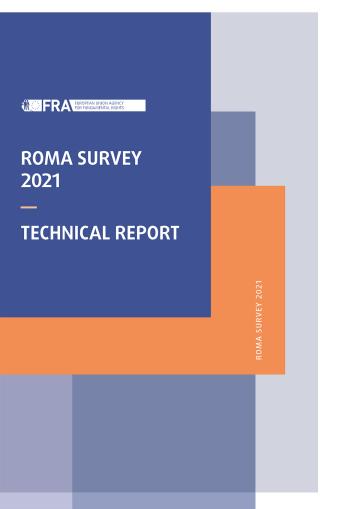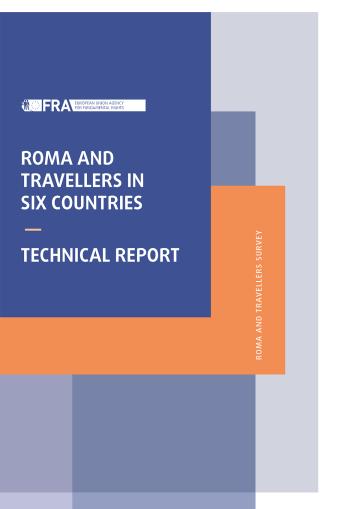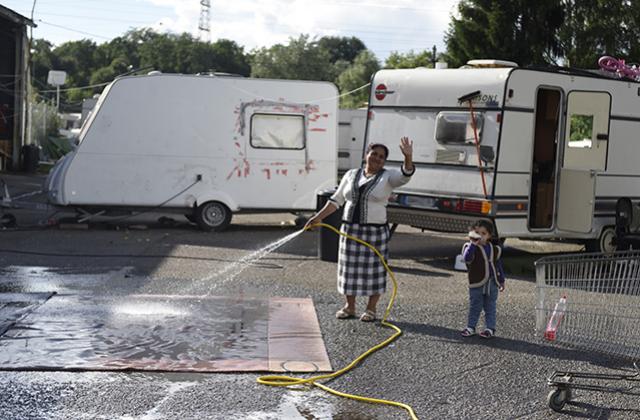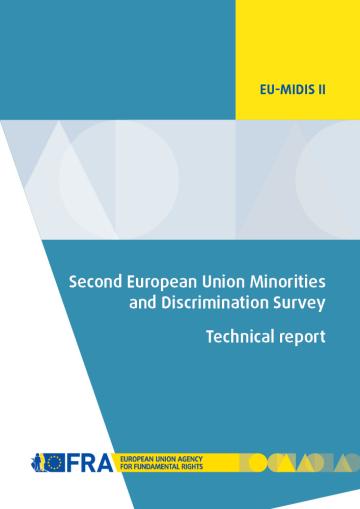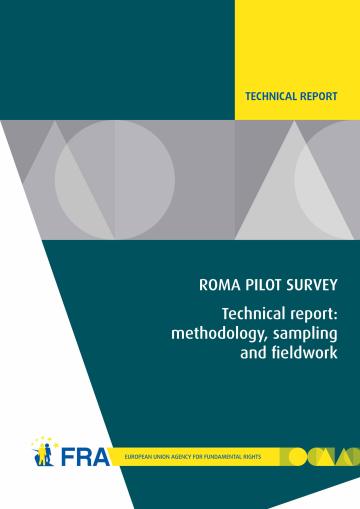The mandate of the European Union Agency for Fundamental Rights (FRA) is to provide the relevant institutions, bodies, offices and agencies of the EU and its Member States with independent, evidence-based assistance and expertise relating to fundamental rights. Data collection, including comparative data collection in the form of survey research, on the situation of fundamental rights in the EU provides the basis for FRA’s assistance and expertise.
FRA has consistently demonstrated through robust statistical data that Roma are among those most vulnerable to human rights violations in the EU. The results of its surveys in 2008, 2011, 2016 and 2019 show that efforts by the EU and Member States resulted in limited and uneven progress.
A communication of the European Commission from October 2020 set out the EU Roma strategic framework for equality, inclusion and participation up to 2030, which aims to achieve equality, inclusion and participation. The Commission requested that FRA provide data and background information on progress towards Roma inclusion in EU Member States, which should be collected on a regular basis. A year later, the 2021 Council Recommendation on Roma equality, inclusion and participation called on Member States to make use of the portfolio of indicators developed jointly by FRA, the Commission and the Member States.
Member States are also called on to continuously develop their own data collections to regularly collect equality data and monitor the fundamental rights situation of people with specific ethnic or racial origins. Bulgaria and Slovakia have implemented their own data collection through their statistical offices, using questions and methodology comparable to those used in the FRA Roma Survey. The data of Bulgaria and Slovakia could therefore be used to populate the headline indicators and for comparative analysis. This technical report does not cover the methodological aspects of these two data collections.
The Roma Survey 2021 (RS2021) provides comparable data on the actual impact on the ground of EU and national anti-discrimination, anti-racism and equality legislation and policies (including policies on the reduction of poverty and social inclusion). For some countries, the data allow the analysis of trends over time. The survey follows on from the reporting on FRA’s Second European Union Minorities and Discrimination Survey (EU-MIDIS II) from 2016, and is fully comparable with the Roma and Travellers survey, conducted in six western European countries in 2019.
In this report:
- Developing the survey
- Developing and translating the survey materials
- Selecting and training interviewers
- Sampling
- Piloting
- Fieldwork operations and fieldwork outcomes
- Weighting
- Survey quality assessment
- Lessons learned
